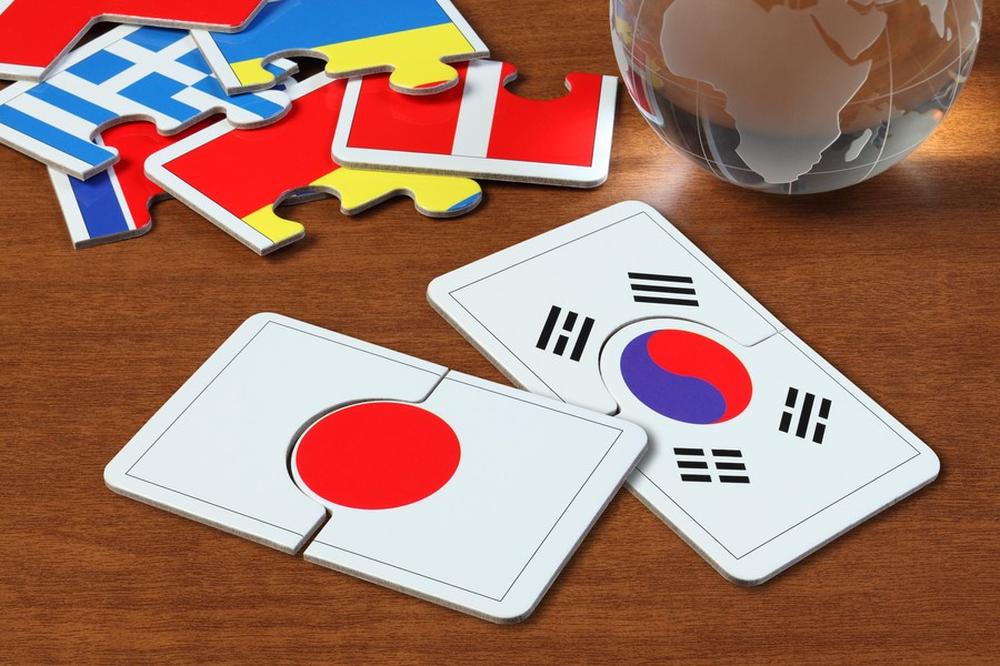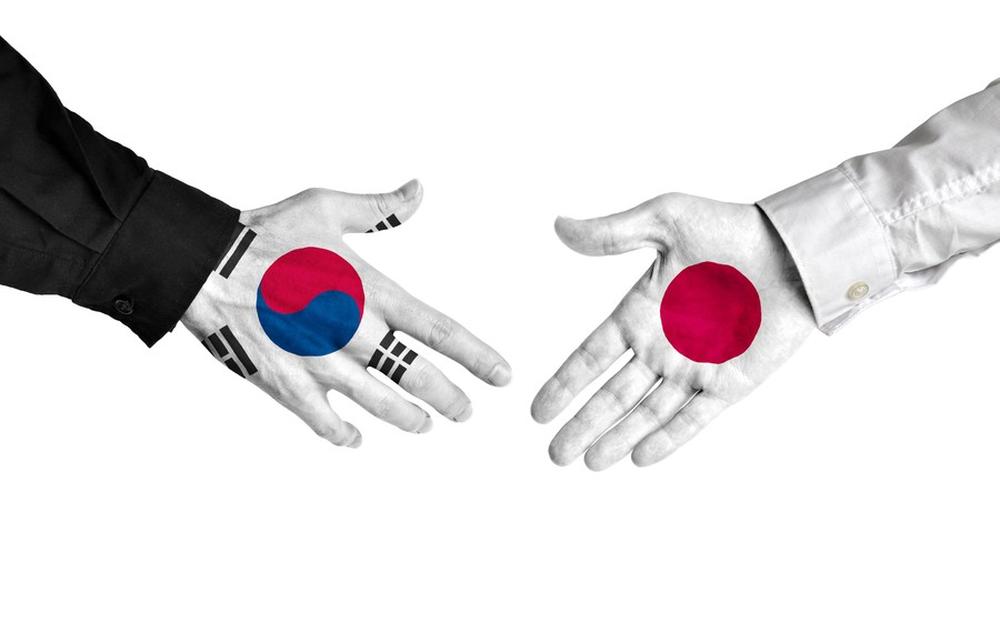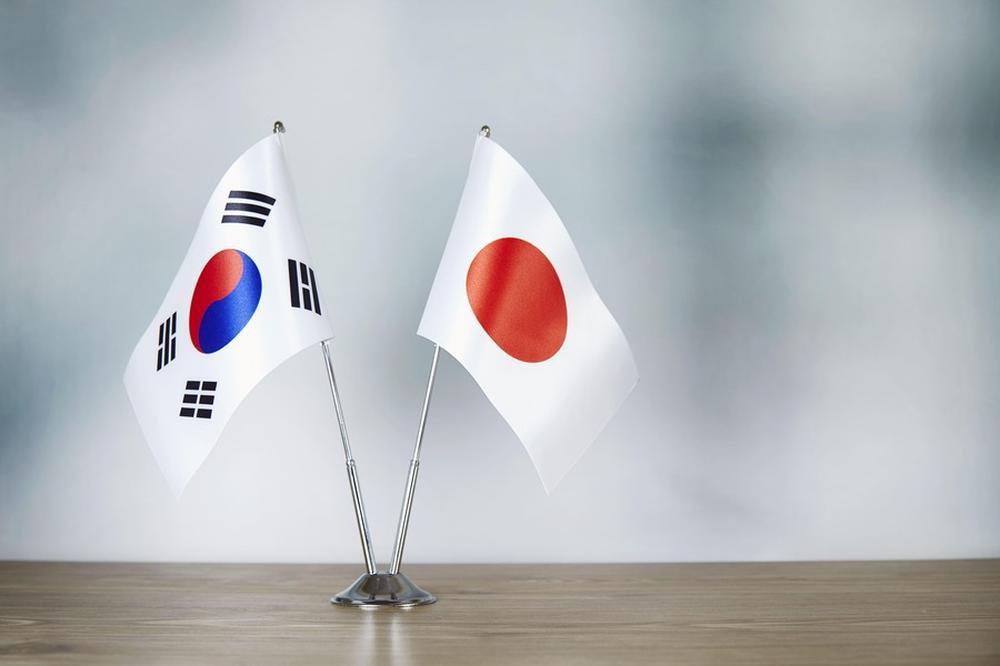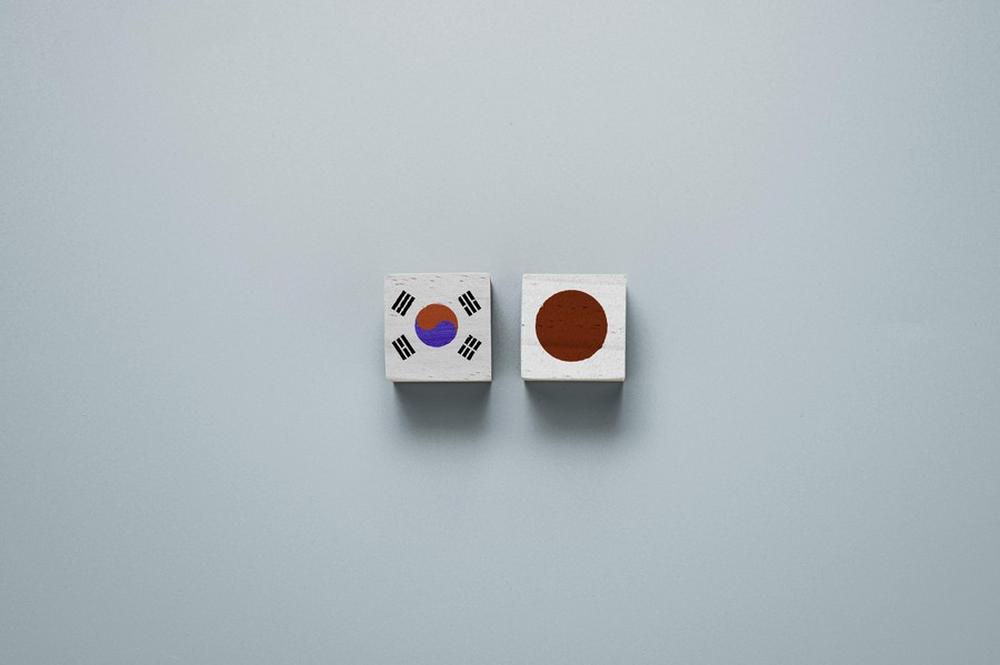- #Japan

► LDP’s decision to elect Kishida stems from its fear of chaos that could potentially result from undertaking such reforms. In essence, the LDP chose stability over reform.
► Since Kishida was elected as a result of strong support from his faction, many expect his future as prime minister to be a difficult one.
► In the end, whether the Kishida administration will maintain power will depend on the result of this year’s Lower House (House of Representative) election and next year’s Upper House (House of Councillors) election. If successful in both elections, Prime Minister Kishida will be able to strengthen his leadership, which will help him establish his own political identity.
► The future of Korea-Japan relations during the Kishida administration remains dim.
► The two sides must come up with a specific action plan to resolve the conflict and move away from this toxic relationship.
Kishida Fumio won the Liberal Democratic Party’s (LDP) leadership election. Kishida is the leader of the LDP Kochikai party faction and is known to be a balanced politician. He is neither a flamboyant orator nor a politician that often makes assertive statements. However, he stresses the importance of communicating with the public, which separates himself from the likes of Abe and Suga who took a more top-down approach. The Kochikai—founded by former Prime Minister Ikeda Hayato—is a politically moderate faction that emphasizes economic growth and anti-militarization.
There is growing attention being paid to whether this year’s LDP leadership election will lead to a generational change and reform of Japanese politics. Kono Taro had been the favorite going into the election. Even though he promised changes and was tremendously popular among the voters, he was voted third by the Japanese Diet members. Kono’s loss implies that the LDP will fail to undergo a generational change and will face difficulties undertaking active reform. LDP’s decision to elect Kishida stems from its fear of chaos that could potentially result from undertaking such reforms. In essence, the LDP chose stability over reform.
Much of Kishida’s victory can be attributed to the changing dynamics of the leadership election caused by growing public support of the LDP. During the early days of the LDP election, candidates popular with the public were favored because this gave the LDP an edge in the upcoming Lower House election. The internal dynamics of the faction mattered little. With the rise of LDP’s popularity, however, concerns over National Diet elections lessened. This led to a shift in selection standards from selecting a candidate that is the “public face of the election” to selecting a candidate that can “distribute and share the post-election profits.” As a result, the Diet votes went against the popular Kono Taro and went to Kishida.
Since Kishida was elected as a result of strong support from his faction, many expect his future as prime minister to be a difficult one. It remains unclear whether Kishida will end up serving a short period as a result of conflicts among the LDP factions or end up being trusted by the LDP and the public as he improves communication with the Japanese public—similar to how former Prime Minister Obuchi Keizo was able to overcome his lack of public popularity in the early stages of his administration. In order for Kishida to become a trusted prime minister, he must show leadership in appointing government personnel, dealing with COVID-19, and implementing policies.
First and foremost, the issue is whether he can escape the influence of factional dynamics. For the time being, it will be difficult for Kishida to do so. Two of the four major appointments (secretary-general, chair of the policy research council, chair of the general council, and chair of the election strategy committee) are from the Abe and Aso faction. These appointments are Kishida way of showing appreciation to former Prime Minister Abe and Deputy Prime Minister Taro Aso for their support during the LDP leadership election. Even though Tatsuo Fukuda, a young politician only in his third term, was selected as the chair of the general council, Kishida’s cabinet lacks any appeal for political reform.
Second, how he responds to COVID-19 will be important. Prime Minister Suga failed to soothe public concerns about the pandemic because of his inability to communicate properly with the public. If the Kishida administration follows the path of Suga’s, his stay in office will be short. Kishida’s number one priority will be to reduce the Japanese society’s isolation. While Kishida’s political style can be described as polite and generous, he must capture the hearts and minds of the Japanese people in dealing with COVID-19. How he can mange to do so remains a mystery.
Third, there is uncertainty with regard to how he can differentiate his policies from his predecessors’. At this moment, he has inherited a political system that is fraught with Abe and Suga’s political burdens. In particular, Abe’s Morikake scandal will likely haunt Kishida. If Abe and Aso’s influence remains intact within the Kishida administration, Kishida will have a difficult time differentiating his policies. In terms of foreign policy, many expect Abe’s emphasis on US-Japan alliance to continue. It is more than likely that Japan will continue to work with democratic nations—with the US-Japan alliance at the center—to counter China. Kishida certainly faces a more difficult situation than Abe or Suga.
In the end, whether the Kishida administration will maintain power will depend on the result of this year’s Lower House (House of Representative) election and next year’s Upper House (House of Councillors) election. If successful in both elections, Prime Minister Kishida will be able to strengthen his leadership, which will help him establish his own political identity.
The future of Korea-Japan relations during the Kishida administration remains dim. First, many expect Kishida to inherit the LDP’s principled hardline policy. Kishida, who led the 2015 comfort women agreement, remains critical of Korea for not abiding by the agreement. Moreover, more than half of the Diet members, who have served less than three terms, prefer a “hardline policy based on power” when dealing with Korea. This will undoubtedly dictate Kishida’s policy.
Second, in order to avoid a major defeat in the upcoming Lower House election, Kishida will have to focus immediately on dealing with COVID-19 and stimulating economic recovery. Foreign policy remains lower on the list of priorities for Kishida. And similar to Abe and Suga’s foreign policies, improving Korea-Japan ties remains an even lower priority. Many do not consider Korea-Japan relations as something that require fixing. This explains why Japan has shown a tendency of “reactive policy” when it comes to Korea.
Third, negative public opinion in Japan is an obstacle to Korea-Japan relations. Japan’s recent public opinion of Korea remains negative. It sees Korea as a country that fails to abide by the 2015 comfort women agreement and sees the 2018 forced labor case as going against international law. Unless Japan’s public opinion turns for the better, Kishida will have limited options in terms steering Korea-Japan relations in the right direction.
Korea and Japan cannot afford to wait for the other to make the first move. Given his strength in communicating with the public, Prime Minister Kishida is capable of creating an environment conducive to improving Korea-Japan relations. When Kishida takes office, the Korean and Japanese governments must first arrange a summit meeting. Even if the summit cannot resolve history issues, it must identify areas of cooperation. Korea-Japan cooperation has to start with COVID-19. The two countries could then exchange information and come up with a response to the rapidly evolving North Korea problem. The two sides must also work within the Korea-US-Japan trilateral cooperation to set realistic goals and align their interests in the security realm. Now more than ever, the two countries must face each other and establish a foundation to deal with history issues. If Prime Minister Kishida shares his honest thoughts about the forced labor issue with President Moon, it would help the incoming administration to work on improving bilateral relations.
The supreme court’s recent decision to seize assets of Japanese firms shows that Korea-Japan relations are at a tipping point. If the two countries do not discuss solutions to this issue in earnest, the political changes taking place next year will have no bearing on the future of Korea-Japan relations. Through the Korea-Japan summit meeting, Japan must abandon its attitude that “there is no more apology and remorse from Japan.” At the same time, Korea must change its attitude that it “cannot get involved in the decision of the supreme court.” The two countries must both reflect on their attitudes and work actively towards finding a solution. Without the two sides coming to an agreement on the forced labor issue, Korea-Japan relations will only worsen. Lack of mutual trust will then spill over into the economic and security dimensions of the relationship. The two sides must come up with a specific action plan to resolve the conflict and move away from this toxic relationship. Korea could come to the aid of victims of forced labor while Japan could extend a symbolic gesture of apology and remorse.
Dr. Chang Soo Jin, a former president of the Sejong Institute, received his Ph.D. in Political Science from the University of Tokyo in 1994 and has been a Sejong senior fellow since 1996. Dr. Jin was a visiting researcher at the Institution for Social Science, the University of Tokyo from 2001 to 2002, and a visiting scholar at the department of Law, Kyoto University in 2002. Dr. Jin was a specially-invited-professor at Hokaido University from 2011 to 2012 and a visiting scholar at SAIS, Johns Hopkins University from 2010 to 2011. Dr. Chang Soo Jin has been a board member of Comparative Politics Committee of the Korea Political Science Association and director of the Contemporary Japan Association since 2003. Dr. Chang soo Jin has been the director of the center for Japan Studies at the Sejong Institute since 2002. He had been the President of the Sejong Institute since his inauguration in June 2015 to May 2018.


